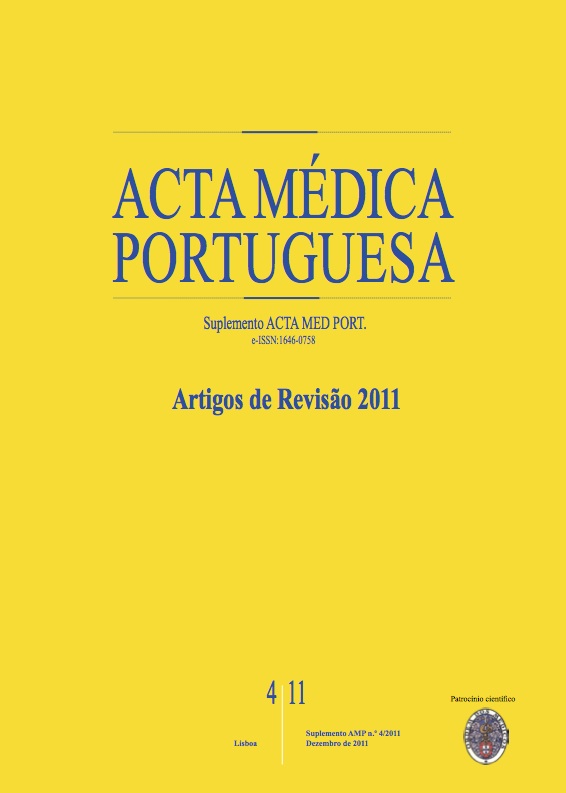Eosinophilic esophagitis.
DOI:
https://doi.org/10.20344/amp.1573Abstract
Eosinophilic esophagitis (EE) is an inflammatory disease of the esophagus characterized by significant and isolated infiltration of the esophageal mucosa by eosinophils, associated with clinical symptoms of esophageal dysfunction, affecting children and adults. It is an increasingly frequent cause of symptoms similar to gastroesophageal reflux disease but refractory to anti-acid therapeutic. It is commonly associated with food allergies or other atopic diseases. Since there are no symptoms, signs, serological biomarkers or endoscopic findings pathognomonic of EE, the diagnosis requires a high degree of suspicion; moreover, due to its chronic relapsing nature the potential to cause major esophageal structural changes, its early recognition and close cooperation between gastroenterologists and immunoallergologists is essential for the timely institution of appropriate therapy. The treatment is based on two main strategies: diet and / or pharmacotherapy, depending on the co-existence of sensitization to food allergens. It is our aim to review this issue, considering recent guidelines, as well as propose a diagnostic and therapeutic algorithm.Downloads
Downloads
How to Cite
Issue
Section
License
All the articles published in the AMP are open access and comply with the requirements of funding agencies or academic institutions. The AMP is governed by the terms of the Creative Commons ‘Attribution – Non-Commercial Use - (CC-BY-NC)’ license, regarding the use by third parties.
It is the author’s responsibility to obtain approval for the reproduction of figures, tables, etc. from other publications.
Upon acceptance of an article for publication, the authors will be asked to complete the ICMJE “Copyright Liability and Copyright Sharing Statement “(http://www.actamedicaportuguesa.com/info/AMP-NormasPublicacao.pdf) and the “Declaration of Potential Conflicts of Interest” (http:// www.icmje.org/conflicts-of-interest). An e-mail will be sent to the corresponding author to acknowledge receipt of the manuscript.
After publication, the authors are authorised to make their articles available in repositories of their institutions of origin, as long as they always mention where they were published and according to the Creative Commons license.









